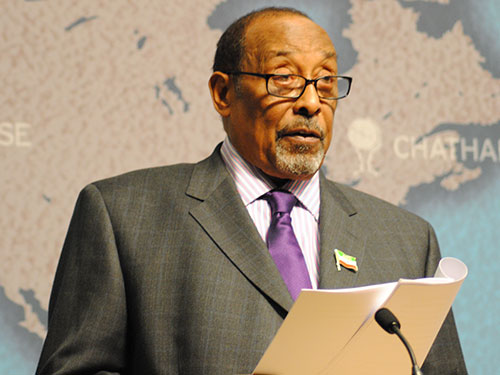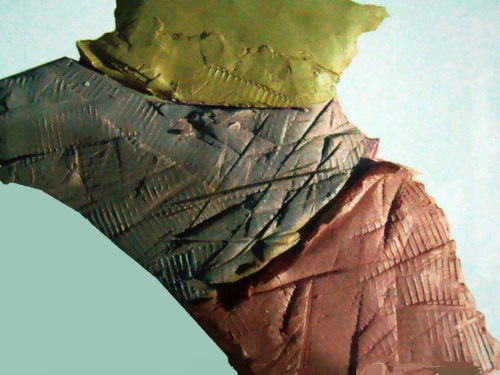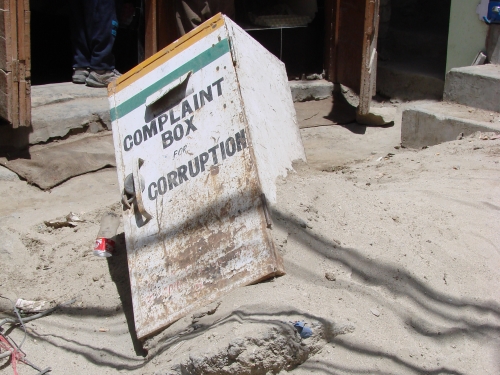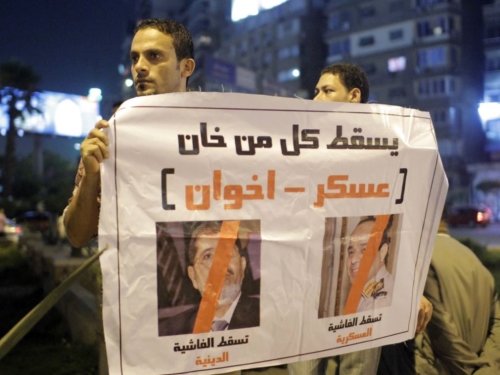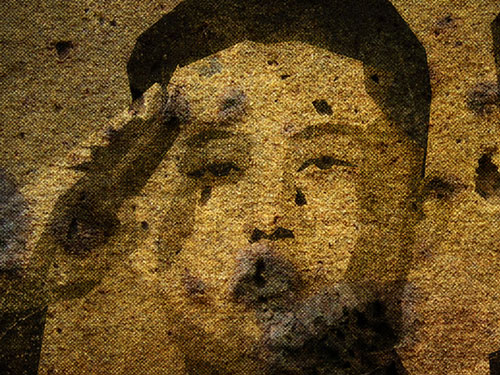
This article was originally published by NK News on 16 October, 2015.
North Korea is probably the most corrupt country in Asia. Measuring corruption levels is difficult, and existing ratings (like the well-known index published annually by Transparency International) should be taken with a pinch of salt. Nevertheless, anecdotal evidence appears persuasive enough: Official corruption in North Korea has been exceptional over the last 20 years.
In my frequent discussions with North Koreans, I have discovered the fact that most of them take a high level of corruption for granted. They assume that any official who is in a position to ask for bribes will. In fact, they are surprised if officials refuse bribes. Simply put, corruption is part of the fabric of daily life in North Korea today.

